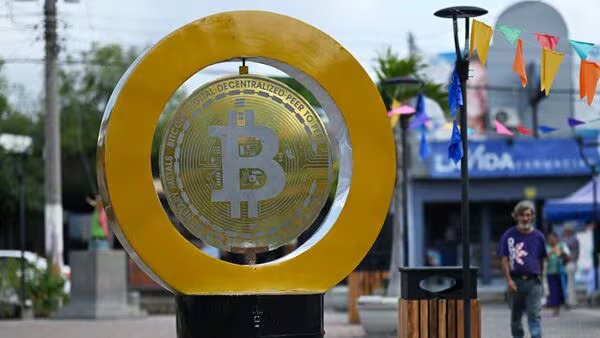Bitcoin rebounded late Sunday, climbing back above $101,000 after earlier weekend losses, as investors reacted to U.S. and Israeli airstrikes targeting Iranian nuclear facilities.
The world’s largest gained alongside gold and oil futures indicating that traders anticipate a limited conflict rather than a prolonged geopolitical crisis.
Other also reacted in a similar manner. Although Bitcoin experienced a sell-off at the peak of the weekend news, traders made a comeback as risk appetite grew.
The U.S., in coordination with Israel, conducted an operation involving over 125 aircraft and bunker-buster bombs, targeting facilities at Fordow, Natanz, and Isfahan.
On Sunday, Bitcoin fell below the $99,000 level, marking its lowest point in over a month, while Ether saw a sharp decline of more than 10% at one stage. The broader cryptocurrency market reacted first to escalating geopolitical tensions, with Solana, XRP, and Dogecoin also experiencing significant losses, leading to a steep overall drop across the digital asset space.
Over $1.04 billion was invested in spot bitcoin ETFs between Monday and Wednesday last week, based on CoinGlass data. However, inflows sharply declined as the weekend approached, with no net change on Thursday and only $6.4 million added on Friday — a drop that coincided with former President Donald Trump’s early exit from the G7 summit and the launch of a two-week U.S. review of policy options regarding Iran.
Where’s crypto price headed amid Israel-Iran war?
According to Avinash Shekhar, Co-Founder & CEO, Pi42, Bitcoin’s rising dominance close to 63 percent reflects a clear shift in market sentiment as investors seek relative safety in the largest digital asset.
“ The sharper fall in Ethereum and other altcoins compared to Bitcoin signals a risk-off approach from market participants amid global macro uncertainties and tightening liquidity. This phase highlights that institutional and retail capital is gravitating towards assets with stronger fundamentals and higher liquidity. At Pi42 we believe such market cycles are crucial reminders for investors to focus on quality projects with clear utility and long-term potential rather than chasing short-term market momentum,” Shekhar added.
